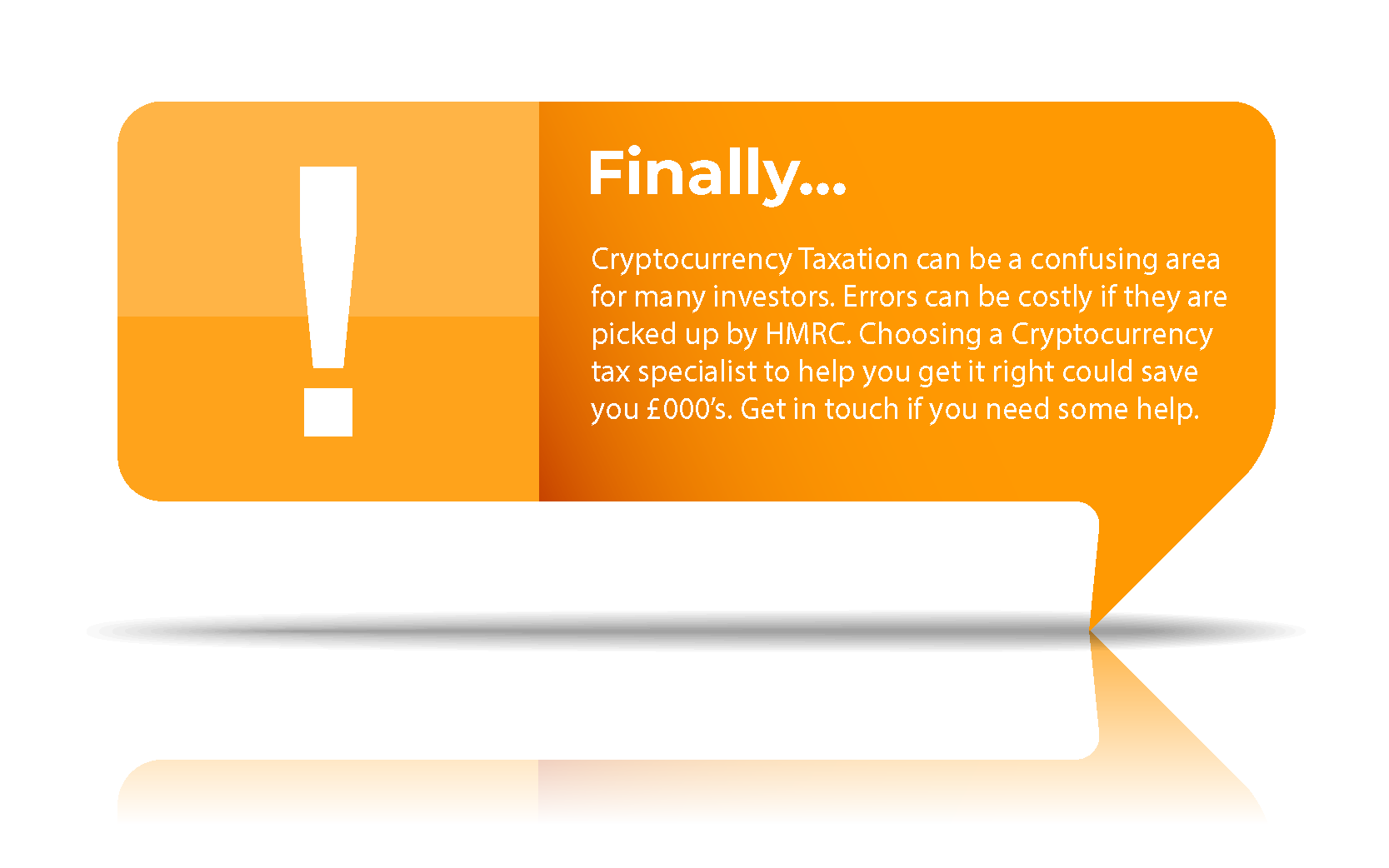UK Non-Residency Tax Planning for Crypto Investors: How to Legally Reduce Your Tax Liability on Crypto Gains
As cryptocurrency continues to grow in popularity, many UK crypto investors are seeking legal ways to minimize their tax burden. One highly effective strategy is non-residency tax planning. By becoming a non-resident for UK tax purposes, you may avoid paying tax on your cryptocurrency gains. In this blog, we’ll explore the Statutory Residency Test (SRT), discuss how UK crypto investors can become non-residents, and highlight tax-friendly countries that offer favourable conditions for crypto holders.
What is the Statutory Residency Test (SRT)?
The Statutory Residency Test (SRT) is used by HMRC (Her Majesty’s Revenue and Customs) to determine whether an individual is a UK resident for tax purposes. This test is essential because your tax residency determines whether you are liable to pay UK tax on your cryptocurrency gains.
The SRT is broken into three parts:
- Automatic Overseas Test
- Automatic UK Test
- Sufficient Ties Test
1. Automatic Overseas Test
You’ll be classified as a non-resident if:
- You’ve spent fewer than 16 days in the UK during the tax year, or
- You were a non-UK resident in the previous three tax years and spent fewer than 46 days in the UK in the current tax year.
2. Automatic UK Test
You’ll automatically be a UK resident if:
- You spend 183 days or more in the UK during the tax year, or
- You have a UK home and spend at least 30 days there in the tax year.
3. Sufficient Ties Test
If neither the automatic overseas nor automatic UK tests apply, the Sufficient Ties Test will determine your residency. This test looks at:
- Family ties (e.g., if your spouse or minor children live in the UK)
- Accommodation ties (e.g., if you have accessible housing in the UK)
- Work ties (e.g., if you are employed or self-employed in the UK)
- 90-day ties (if you’ve spent more than 90 days in the UK in either of the last two years)
- Country ties (if the UK is the country you’ve spent the most time in during the tax year)
The more ties you have, the fewer days you can spend in the UK without becoming a tax resident.

How Crypto Investors Can Become Non-Residents and Avoid UK Tax
For UK crypto investors, achieving non-resident status is a highly effective way to legally avoid paying UK tax on your cryptocurrency gains. As a UK resident, you’re taxed on your worldwide income or gain including crypto. However, if you qualify as a non-resident, you won’t be subject to UK tax on cryptocurrency gains, as HMRC views crypto as a non-tangible asset. This means that once you become non-resident for tax purposes, your crypto holdings—whether in UK exchanges, overseas exchanges, or DEFI wallets—will generally fall outside the scope of UK taxation.
Here are some steps crypto investors can take to achieve non-resident status and potentially avoid paying tax on their crypto gains:
1. Limit Your Time in the UK
By spending fewer days in the UK, you can meet the criteria for non-residency through the Automatic Overseas Test. This is particularly useful for crypto investors who can work remotely or are not tied to a specific geographic location.
2. Move to a Crypto-Friendly Country
Many countries offer favorable tax regimes for cryptocurrency investors. By relocating to a crypto tax-friendly country, you may significantly reduce or even eliminate your tax liability on crypto gains. Some of the most attractive options include:
- Portugal: Under its Non-Habitual Residency (NHR) regime, Portugal offers exemptions on many forms of foreign income, including cryptocurrency, for up to 10 years.
- Malta: Malta is well-known for its favorable tax treatment of cryptocurrency gains and has clear regulatory frameworks for digital assets.
- Dubai (UAE): The UAE offers a tax-free environment for individuals, meaning that crypto gains are not subject to personal income tax.
- Switzerland: While Switzerland does tax capital gains under certain conditions, the country has a reputation for offering tax advantages to cryptocurrency holders, especially in the canton of Zug, also known as “Crypto Valley.”
- Singapore: Singapore does not have a capital gains tax, meaning that crypto gains are generally not taxed, making it another attractive destination for crypto investors.
By becoming a resident in one of these crypto-friendly countries, you could potentially avoid paying UK tax on your crypto profits.
3. Minimize Your UK Ties
If you don’t qualify under the Automatic Overseas Test, you should focus on reducing your UK ties to pass the Sufficient Ties Test. For example, spending less time with family in the UK, avoiding UK-based accommodation, and reducing your work commitments in the UK will help maintain your non-resident status.
Key Considerations for Crypto Investors Seeking Non-Residency
- Timing of Crypto Disposal: For UK crypto investors, timing is everything. To avoid UK tax, it’s essential to dispose of your cryptocurrency while you are a non-resident. If you dispose of crypto while still a UK resident, your gains will be subject to capital gains tax (CGT).
- Temporary Non-Residence Rules: If you return to the UK and become a resident within five full tax years, you could face the temporary non-residence rules, which would tax any crypto gains made while you were abroad. To avoid this, make sure you remain a non-resident for at least five full tax years.
- Stay Compliant: Non-residency tax planning can be complex, and each individual’s situation is unique. It is highly recommended to seek professional advice from a UK cryptocurrency tax accountant to ensure compliance with HMRC’s rules while optimizing your tax situation.

Crypto-Friendly Countries to Consider for Relocation
Here are a few examples of tax-friendly jurisdictions where crypto investors might consider moving to:
- Portugal: Portugal’s new crypto tax regime (effective from 2023) imposes a 28% short-term capital gains tax on crypto held for under 365 days. Long-term holdings remain tax-free
- Malta: Has favourable crypto regulations and low tax on certain forms of income.
- Dubai (UAE): A tax-free haven for individuals with no income tax on crypto gains.
- Singapore: No capital gains tax, making it attractive for crypto investors.
- Switzerland: Known for its “Crypto Valley,” offering tax advantages for digital asset holders.
Final Thoughts
Non-residency tax planning is a highly effective way for UK crypto investors to reduce or eliminate their tax liability on crypto gains. By understanding and applying the Statutory Residency Test, and potentially relocating to a crypto-friendly country, you can legally minimize your tax obligations. However, given the complexity of international tax laws, it is crucial to consult with a knowledgeable cryptocurrency tax accountant to ensure you remain compliant while protecting your crypto profits.
If you’re a UK-based crypto investor looking to explore non-residency options, get in touch with our team of expert cryptocurrency tax advisors. We can help tailor a tax strategy that aligns with your financial and lifestyle goals.
FAQ’s
How long do I need to stay out of the UK to be considered a non-resident for tax purposes?
Under the Automatic Overseas Test of the SRT, if you spend fewer than 16 days in the UK during the tax year, or fewer than 46 days if you were non-resident in the previous three years, you can automatically qualify as a non-resident. The exact number of days depends on your ties to the UK, which are assessed through the Sufficient Ties Test.
What happens if I become a UK resident again after being a non-resident?
If you return to the UK and become a resident within five full tax years, the UK’s temporary non-residence rules may apply. This means that any crypto gains you made while you were non-resident could be taxed upon your return. It’s important to carefully plan your period of non-residency to avoid this issue.

DISCLAIMER
© My Accountancy Team 2024 All Rights Reserved – The above articles are provided for guidance only and may not cover your personal circumstances so you should not rely on them. It is important that you seek appropriate professional advice which takes into account your personal circumstances where you can provide the full facts of the case and all documents related to your case. My Accountancy Team Ltd t/a mycryptotax.co.uk, cannot be held responsible for the consequences of any action or the consequences of deciding not to act.

Do you have a question for our experts?
If there’s cryptocurrency tax issue that has you puzzled or worried, get in touch. Everyone on our team loves to talk, especially when it helps people like you find peace of mind.
Schedule a free consultation with one of our Crypto Tax Experts and get your questions answered fast!
 Client Login
Client Login

